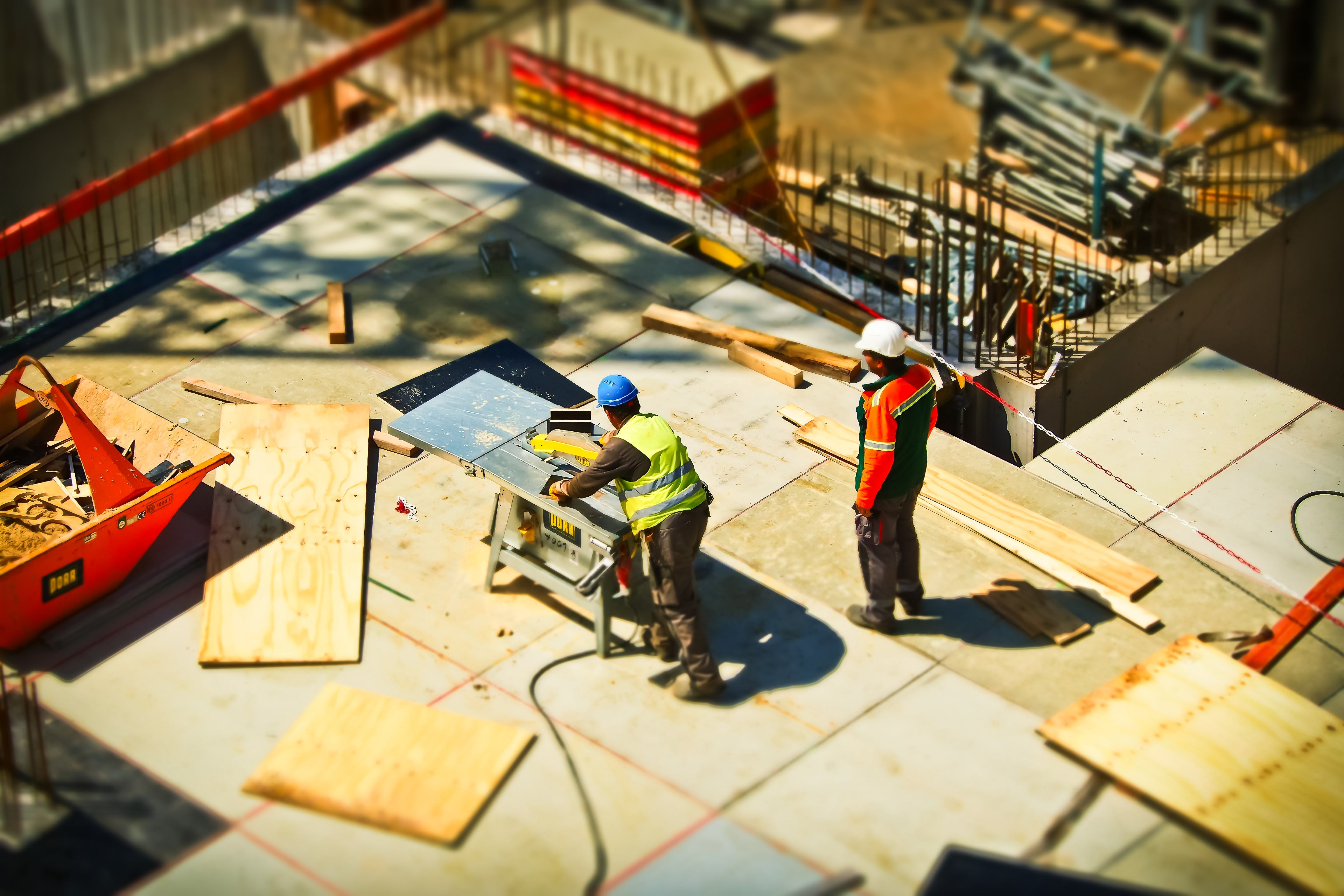How Prefabricated and Modular Construction Help in the UK Construction Industry
May 20, 2025

Competition in the business world is increasing across the globe. Customers now prefer a construction method that takes less time but offers excellent product quality. Prefabricated and modular construction is showing us the way to a faster and stronger construction method.
The prefabricated construction of a commercial (or residential) building helps to reduce almost 50% of the total time taken in the traditional construction method. It involves making concrete building parts in factories and assembling them on the construction site. This way, you can reduce the time spent casting and curing the concrete on site.
In this blog, we will discuss how prefabricated and modular construction techniques have made the construction process seamless.
What Are Prefabricated and Modular Construction Methods?
While both approaches are contrary to traditional construction methods, they have similarities. Still, there are subtle differences between them. Let’s see what they are.
-
Prefabricated construction
Any construction process not done on the construction site and generally done elsewhere in a factory is referred to as prefabricated construction. It can be building the rebar structure for reinforced concrete or constructing concrete slabs.
-
Modular construction
It is one type of prefabricated construction technique where constructors build every part (transportable) of the building off-site and assemble them at the construction site. Like prefabricated buildings, modular buildings also save time and reduce construction waste.
If you compare the traditional method of construction with the modern prefabricated and modular construction approach, you’ll find several benefits. Construction materials are delivered on-site, and everything is constructed from scratch in traditional construction. However, with modern approaches to construction, commercial pre fab buildings can be completed in relatively less time.
Benefits of Prefabricated & Modular Construction in the UK
Time saving and the speed of the construction process are two of the main benefits that align with lower labour costs and others. Besides, you save a lot on the construction material waste.
A. Speed & Time Efficiency
The new approach to construction reduces the overall time taken to complete a commercial or residential building. The pre fab construction method allows you to continue working on other projects in parallel.
B. Cost Savings
As most of the construction work is done in factories away from the construction site, your total wages to labourers get reduced. Moreover, you also reduce the construction waste during the process.
C. Quality Control
As prefabrication is done in a factory, the concrete parts are made with accurate proportions of construction materials. Unlike the traditional construction process, a prefabricated or modular construction does not get delayed due to bad weather conditions.
D. Sustainability
The entire process of building parts of a building happens in a factory, so there is no wastage of construction materials. Besides, the seamless manufacturing process uses less energy for the construction.
Traditional vs. Modular Construction
|
Feature |
Traditional Construction |
Modular Construction |
|
Time Efficiency |
Medium |
High |
|
Construction Waste |
High |
Low |
|
Weather Delay |
Very likely to happen |
Not likely to happen |
|
Labour Cost |
High |
Relatively low |
|
Sustainability |
Low |
High |
Key Sectors in the UK Using Modular Construction
In the UK, you’ll see several sectors utilising pre fab and modular construction approach. Pre fab construction companies are completing projects in commercial sectors like corporate office buildings, hospitals and healthcare sector, retail and hospitality sector, etc.
The scope of prefabricated buildings is widespread in the UK construction sector. Besides, large construction projects like concrete bridges, multi-storied buildings and others are being constructed using the prefabricated construction technique.
Should You Consider Prefabricated Construction for Your Next Project?
Despite several benefits of the prefabricated construction process, it’s not free from challenges. If you are building the structure in a remote area with low accessibility, transporting prefabricated construction parts is difficult.
Besides, your plan to build a designer home with a customised building design may also be challenging for a prefabricated construction approach. Moreover, in this process, you have to pay a hefty amount as an initial investment.
Conclusion
Nevertheless, the prefabricated construction process helps to complete buildings in less time. As most parts of a building are constructed in a factory, it becomes really easy to assemble the concrete parts on-site. Moreover, the construction waste is low and labour wages are too.
If you are planning to construct a commercial building soon, contact Commercial Construction Contractors for further information. We can advise you on the construction process and complete the construction work on time for you.
Recent Blogs
- How to Design a Modern Student Accommodation to Meet their Expectations
- How the Turnkey Office Construction Projects Offer Value for You
- How Prefabricated and Modular Construction Help in the UK Construction Industry
- What are the challenges of Commercial Construction in the UK?
- Designing Modern Office Spaces: Trends in Post-Pandemic Work Environments